Welding of different types of materials for the production of a single component is a complex activity that requires specific knowledge of the process because different metallurgical and physical characteristics can easily lead to defects in the final result.
The project
Manufacturing components without these imperfections was one of the challenges of the project on which Ecor International recently worked in collaboration with the customer Carel. It operates in the design, production and global marketing of technologically advanced components and solutions (hardware and software) to achieve high energy efficiency performance in the control and regulation of equipment and systems in the air conditioning (“HVAC”, Heating, Ventilating and Air Conditioning) and refrigeration markets.
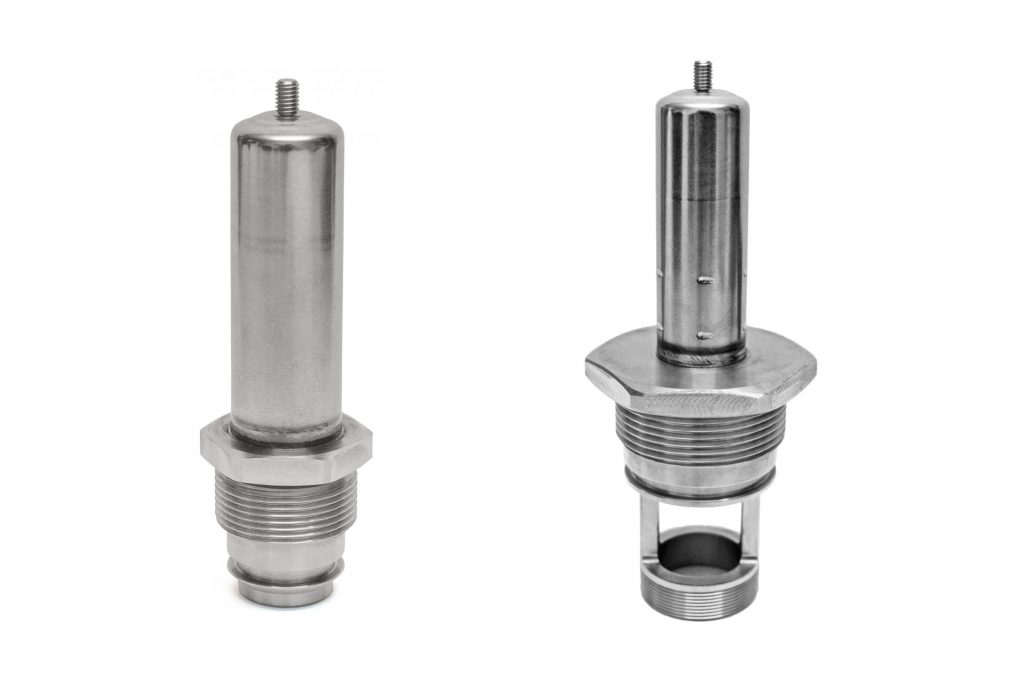
Ecor International, specialized in the production of highly complex critical components also for the air and water treatment sector, has produced some parts of the customer’s ejector. This is intended for equipment and systems in the air conditioning and refrigeration markets. Ejectors, in particular, are used to increase the efficiency of CO2 refrigeration systems: they exploit the energy of the high-pressure fluid flowing through a nozzle to transport and compress another fluid that has a lower pressure. For this reason, they must withstand the high pressures to which they are subjected when the systems are in operation.
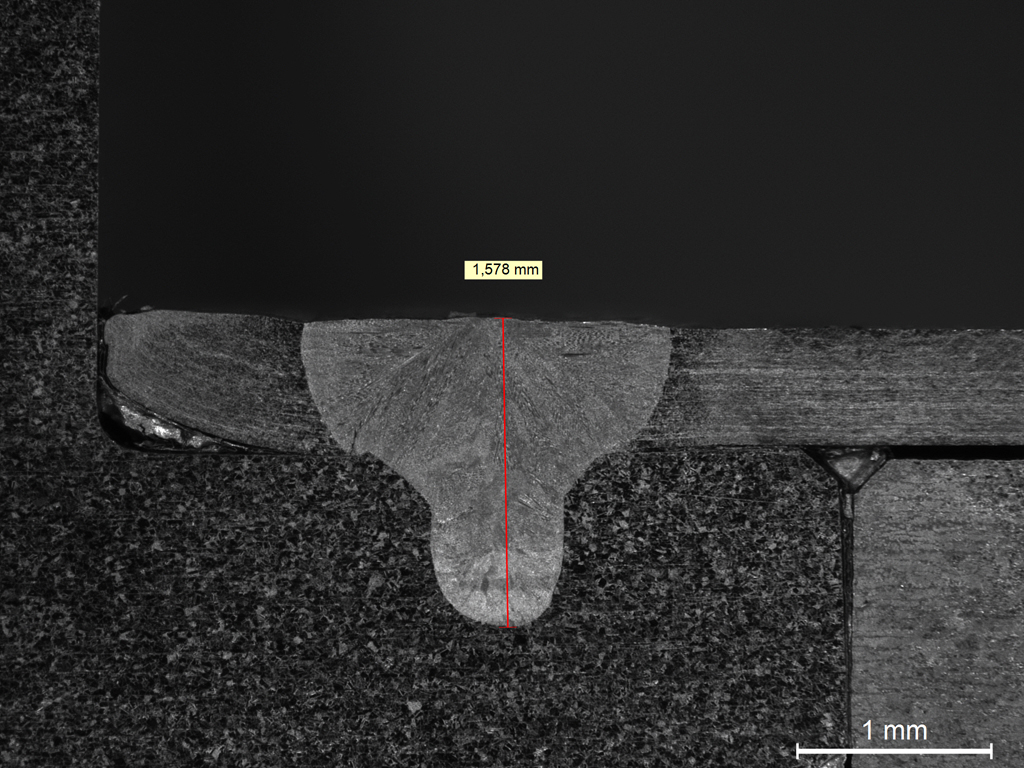
The activities of Ecor International
For this project, Ecor International carried out complex laser welding activities. The company had to weld three types of stainless steel to produce the ejectors. As consequence, they have different metallurgical and physical characteristics, also varying according to the temperature in different ways. This leads to changes in the welding process which can easily lead to defects.
In addition to this, a reduced weld penetration was required in order to limit the deformation of the material.
In order to meet these requirements, a preliminary phase has been carried out with various analyzes and technical evaluations. This phase allowed to establish the ideal welding parameters to obtain a high quality result: for example power, power variations, speed rate and protection of the weld pool with inert gas (argon). It was a laborious activity in which even small variations in the parameters led to significant benefits.
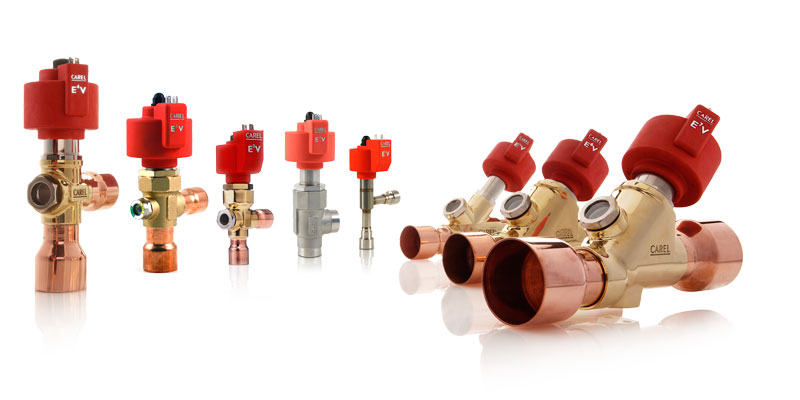
In order to verify the quality of the work performed and the reliability of the parameters set, Ecor International performed destructive tests on the specimens and the final components with metallographic analysis, radiographs and tightness control with the Leak Detector.
The welding of heterogeneous materials is certainly not a new activity for Ecor International. Nonetheless, this project has made it possible to implement new control and monitoring procedures for the laser welding system that have now been made a standard, ultimately improving the company’s internal processes.

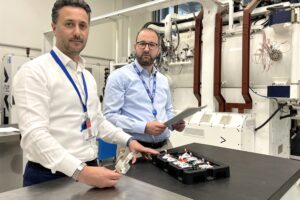
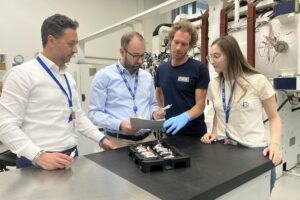






 @EcorIntern
@EcorIntern